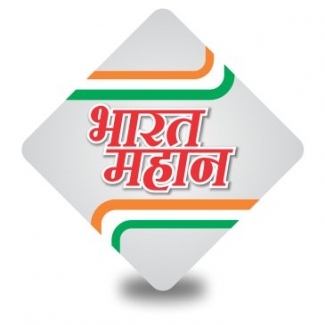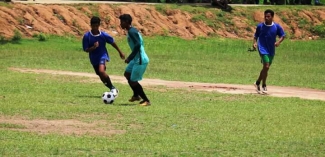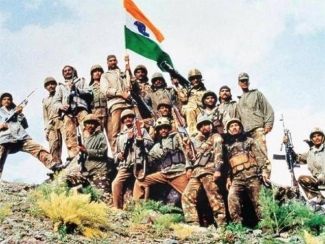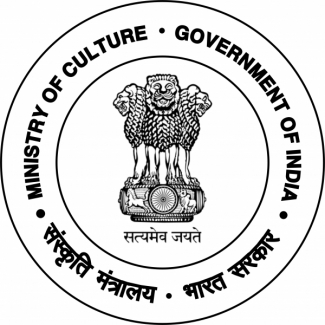
To generate rural employment and to promote the entrepreneurs in the rural areas of the country, Ministry of MSME is implementing the following schemes through Khadi and Village Industries Commission (KVIC) and Coir Board:
I. Khadi and Village Industries Commission (KVIC):
i) Prime Minister’s Employment Generation Programme (PMEGP) is a credit linked subsidy scheme, for setting up of new micro-enterprises and to generate employment opportunities in rural as well as urban areas of the country through KVIC, State Khadi & Village Industries Board (KVIB) and District Industries Centre (DIC). General category beneficiaries can avail of margin money subsidy of 25% of the project cost in rural areas and 15% in urban areas. For beneficiaries belonging to special categories such as SC/ST/Women/PH/Minorities/Ex-Servicemen/NER, the margin money subsidy is 35% in rural areas and 25% in urban areas. The maximum cost of projects is Rs.25 lakh in the manufacturing sector and Rs.10 lakh in the service sector.
ii) Scheme of Fund for Regeneration of Traditional Industries (SFURTI) was launched in 2005-06 for making traditional industries more productive and competitive by organizing the traditional industries and artisans into clusters.
iii) A Scheme for Promoting Innovation, Rural Industry and Entrepreneurship (ASPIRE) was launched on 18.3.2015 to promote Innovation & Rural Entrepreneurship through rural Livelihood Business Incubator (LBI), Technology Business Incubator (TBI) and Fund of Funds for start-up creation.
iv) Market Promotion Development Assistance (MPDA) – MDA scheme of KVIC has been modified as MPDA scheme formulated as a unified scheme by merging different schemes/ sub-schemes/components of different Heads implemented in the 11th Plan, namely, Market Development Assistance, Publicity, Marketing and Market Promotion. A new component of Infrastructure namely setting up of Marketing Complexes /Khadi Plazas has been added to expand the marketing net worth of Khadi & VI products. Under the erstwhile MDA scheme financial assistance was distributed amongst Producing Institutions (30%), Selling Institutions (45%) and Artisans (25%). Under the Modified MDA (MMDA) financial assistance is distributed amongst Producing Institutions (20%), Selling Institutions (40%) and Artisans (40%).
v) Interest Subsidy Eligibility Certificate (ISEC) Scheme provides credit at concessional rate of interest through Banks as per the requirement of the Khadi institutions. The institutions are required to pay interest of only 4%, any interest charged by banks over 4% will be paid by Central Government through KVIC.
vi) Workshed Scheme for Khadi Artisans was introduced in 2008-09 to provide financial assistance for construction of workshed to khadi artisans belonging to BPL category through the khadi institutions with which the khadi artisans are associated. This empowers khadi spinners and weavers to chart out a sustainable path for growth, income generation and better work environment.
vii) Strengthening infrastructure of weak Khadi institutions and assistance for marketing infrastructure: This scheme provides need-based support towards the Khadi sector for nursing the sick/problematic institutions elevated from “D” to “C” category as well as those whose production, sales and employment have been declining while they have potential to attain normalcy and to support creation of marketing infrastructure in other identified outlets. Under this scheme, financial assistance is provided to existing weak Khadi institutions for strengthening of their infrastructure and for renovation of selected khadi sales outlets.
II. Coir Board:
i) Coir Vikas Yojana:
1. Skill Upgradation & Mahila Coir Yojana - Under the scheme programmes like Entrepreneurship Development Programme, Awareness Programme, Workshop, Seminar, Exposure Tour, etc. are implemented for attracting more entrepreneurs to start coir processing units. In order to create skilled man power required for the industry, Coir Board is implementing training programmes in value added products. The candidates undergoing training programmes are given stipend amounting to Rs. 1000/- per month.
Under the ‘Mahila Coir Yojana’ Scheme which is exclusively for rural women artisans training in spinning of coir yarn/various coir processing activities is provided to rural women. The scheme envisages distribution of motorized ratts/motorized traditional ratts and other coir processing equipments to women at subsidised rates after completion of training. During the training period, the women artisans are given stipend amounting Rs.1000 per month. The trained women are given ratts and other coir processing equipments at 75% subsidy subject to a maximum of Rs.7500/-.
2. Scheme for the Development of Production Infrastructure - Under the scheme financial assistance is extended for setting up of coir units and modernization of existing units. Under the scheme subsidy to the tune of 25% of the cost of equipments and other infrastructural facilities subject to a maximum of Rs.6 lakh for setting up of defibering unit, Rs. 4 lakh for Automatic Spinning Unit and Rs.5 lakh for others. For a composite or a multiple unit the maximum ceiling of assistance would be Rs.9 lakh. In the case of modernization of existing unit the subsidy will be limited to 25% of the cost of equipments and infrastructural facilities subject to a maximum of Rs.2 lakh.
ii) Coir Udyami Yojana (formerly known as REMOT Scheme) is a credit linked subsidy scheme providing assistance for setting up of coir units. The maximum admissible cost of project under the scheme is upto Rs.10 lakhs plus working capital, which shall not exceed 25% of the project cost. The pattern of assistance under the scheme is 40% as Govt. of India subsidy, 55% as loan from Banks and 5% as beneficiary contribution. Assistance under the Scheme is made open to all individuals, companies, SHGs, NGOs, Institutes registered under Societies Registration Act 1860, Production Co-operative Societies, Joint Liability Groups and Charitable Trusts.











